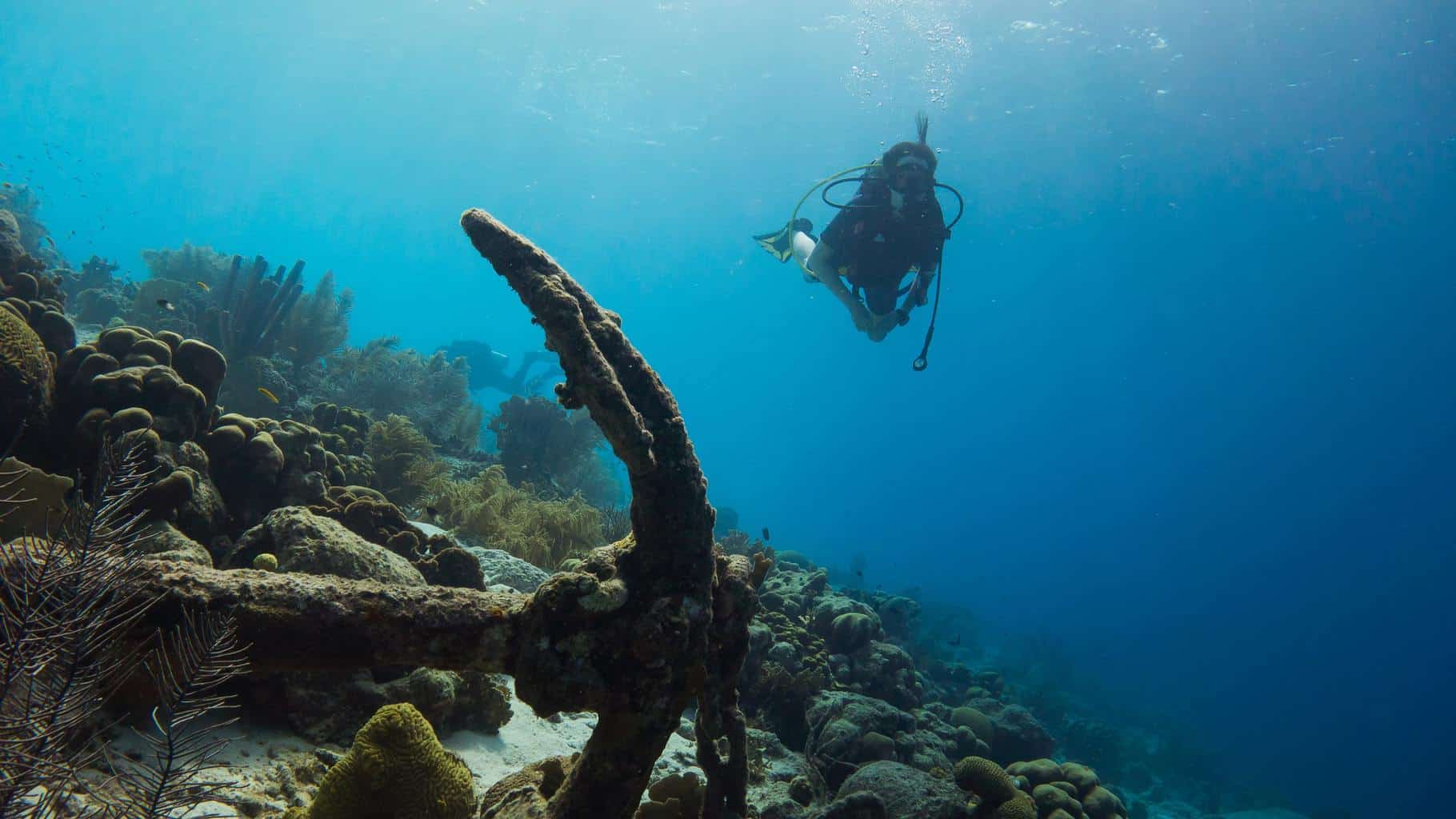On their open water diver course, students are taught many things that they shouldn’t do after diving.
And you (hopefully) already know what not to do during a dive.
But what about before diving?
Can we just rock up to the resort dive center or jump on a buddy’s boat and head out without any forethought?
If we want to be safe and responsible, what things shouldn’t we do before diving?
We’re going to take a look at some essential pitfalls that you’ll want to avoid before your next dive.
Some might sound obvious, some less so, but these are all important things not to do before scuba diving.
- 1. Drinking Alcohol Before Diving
- 2. Taking Recreational Drugs Before Diving
- 3. Not Considering Medical Factors or Changes Before Diving
- 4. Leave a Long Time Between Dives
- 5. Diving Tired or Straight After Travel
- 6. Diving Without a Plan
- 7. Ignore the Briefing
- 8. Neglect Your Dive Kit
- 9. Eating a Huge Meal
- 10. Miss Out the Buddy Check
- Conclusion
- You Might Also Like…
1. Drinking Alcohol Before Diving
It should go without saying that scuba diving and being under the influence of alcohol is a terrible idea.
Problems caused by poor judgment or impaired coordination are bad enough on land, but underwater could prove especially catastrophic.
As well as being anti-social and an accident waiting to happen, being directly under the effects of alcohol can enhance negative physiological and physiological issues specific to scuba diving.
The effects of narcosis underwater are significantly enhanced by alcohol to a potentially unmanageable level.
Alcohol can also increase body cooling, making hypothermia more of a risk.
A diver that is under alcohol’s effect is less likely to be aware of any signs or symptoms of decompression sickness, making it likely that an incident may go untreated before it’s too late.
So diving specifically “drunk” is clearly not acceptable, but many divers are not aware of or do not consider the effect that the previous night’s drinks can have on their safety.
After a heavy night of drinking, the problems caused by all of the above mentioned can still take place, but even if not present, then other factors should always be taken into account.
Dehydration is one of the leading causes of decompression sickness, and as alcohol is a diuretic, dehydration the morning after a heavy drinking session is more likely, which might not be a problem on land, but can be underwater.
A severe hangover will make even calm waters appear challenging and seasickness much more likely, and the day generally unpleasant.
If you will have a few drinks the night before, make sure you moderate consumption, consider alternating alcohol with water or juice, take water to bed with you and continue to hydrate with water or juice in the morning instead of too much coffee or tea which can dehydrate you further.
If you’ve made a mistake and are suffering from a hangover, it’s recommended to think about skipping the dive.
While there isn’t any evidence of significant risk from having “a beer” or some wine with dinner the night before diving, it really isn’t a good idea to get “drunk” the day or night before you’re diving.
2. Taking Recreational Drugs Before Diving
Diving under the influence of recreational drugs shouldn’t be done as the effects caused can become incredibly unpredictable underwater, making accidents more likely to occur.
Even in shallow depths of water, narcosis effects are likely to be extreme and uncontrollable, leading to dangerous or deadly problems with decision-making and physical coordination.
Divers should be aware that recreational drugs can be active in their bodies for significant periods after their last use.
3. Not Considering Medical Factors or Changes Before Diving
There are medical conditions that can stop you from scuba diving.
Still, even a usually fit diver should consider their physical and mental fitness before every dive, particularly if they’ve left it a while or there have been some medical changes.
Health and fitness change over time and almost certainly will as you get older, so even if you were “fit to dive” previously, it’s worth taking time to assess your current condition.
If you’ve had any new issues, check with a doctor before diving, and it’s vital to make sure that any new medications are suitable for you to dive with.
Just because a medicine is safe for you on land doesn’t mean it will be underwater.
The increased pressure while diving can cause medications to act more aggressively or with unforeseen and sometimes severe side effects, so it’s vital to get a doctor’s opinion first.
It would be best if you also considered your current general fitness level and recent experience.
Scuba diving requires some level of physical exertion, and you should make sure you’re ready for the dive you’re planning.
Remember that you might need to react quickly if a sudden need arises, such as an emergency or an unexpectedly strong current.
4. Leave a Long Time Between Dives
The longer you leave between dives, the harder it is to get back to it.
If you have left it a while, consider that your skills might have faded, even if you feel confident.
It’s worth taking a refresher with an instructor before jumping back in where you left off.
Remember that physical condition can change with time, and your experience can fade.
Just because you used to carry out the most extreme dives with ease, it doesn’t mean that you’ll be able to start where you left off if it’s been a while.
Start again slowly and work yourself back up to it and never push yourself or get influenced into a dive that you’re not ready for.
5. Diving Tired or Straight After Travel
Diving when you’re tired or straight after travel can have potential safety issues and is also likely to make the day significantly less fun.
Reaching a destination tired, dehydrated, irritable, and disorientated does not make the best conditions for safe and enjoyable scuba diving.
It’s best to wait until jet-lag has subsided and you feel physically and mentally recovered.
A good night’s sleep before you dive, irrespective, is always beneficial to make sure you’re mentally sharp and physically ready to enjoy the dive to its fullest.
There is evidence to suggest that diving tired may increase the risk of decompression sickness, so in general, it is best avoided where possible.
6. Diving Without a Plan
“Plan your dive and dive your plan” is the rule taught to new divers and remains essential to follow.
A dive plan can be as simple as you and your buddy ensuring you both know the necessary details such as the maximum dive time, the maximum depth, and an agreement on when and how to end the dive based on your air use.
Your plan might also remind you to notify family and friends of where you’re diving and when you should be expected back so they’ll know how to act in an emergency.
Dive plans don’t have to be long and tedious but should be paid attention to, especially if you’re making your dive as an independent buddy team.
7. Ignore the Briefing
If diving in a group, even experienced divers should make sure that they listen to the dive briefing.
As well as being a common courtesy to the Divemaster, the briefing will contain important safety information, reminders of dive procedures, and points of interest and potential wildlife sighting information.
The quickest way to make yourself unpopular on a dive boat is not to pay attention in the briefing and then do something that everyone else heard covered.
It’s always worth taking the time to listen and be reminded of the dive’s critical information and reduce the chance of any problems or mistakes occurring.
Listening to the briefing also allows you to consider whether the dive is right for you.
8. Neglect Your Dive Kit
Poorly maintained kit left uncleaned or unchecked between dives is the cause of many delays, canceled dives, and accidents.
Make sure that after a dive, you wash it in freshwater, dry and store it correctly, and before you dive again, give it the once over before you leave home to check that everything is working and in good condition.
Carry a “save a dive” kit of spare o-rings and other standard parts specific to your equipment to make sure that you can fix anything small in the field.
9. Eating a Huge Meal
It’s well worth paying attention to what you eat before you dive as a large meal, or the wrong foods, can leave you feeling unwell underwater or on the dive boat.
Eat light, and look for starchy, solid foods like pasta, rice, potatoes, and healthy sustenance such as boiled eggs, nuts, oats, fruits like apples and bananas, and vegetables.
Avoid spicy foods, heavy proteins like steak, acidic fruits that might upset your stomach, and anything too oily.
A healthy meal ate an hour or more before the dive will make sure you’re full of energy without getting bloated and feeling sick underwater.
10. Miss Out the Buddy Check
The buddy system is an essential part of diving, and missing it is the cause of many accidents.
Even if you have dived many times together, take the time to make sure that you’re both ready before every dive.
A buddy check doesn’t have to take a long time, but covering the important steps to make sure all equipment is present and working can save many problems later on.
Remember that the buddy check is, in part, making sure that your buddy can help you in the event of you having a problem as well as you being able to help them.
It’s entirely in your interest to take the time to make sure that together you’ll be able to cope with any problems.
Conclusion
Scuba diving is one of the most fun and safest of all the extreme sports out there, and with a little attention and consideration before a dive, most problems can be avoided.
Review our 10 Things Not To Do Before Scuba Diving outlined above before your next dive, and by looking after yourself, your equipment, and your buddy beforehand, you can be a conscientious, responsible and fun diver to be around.
You Might Also Like…
-

How Do Scuba Divers Drink Water? 5 Possible Ways (+7 Tips)
-

How Long Can Scuba Divers Stay Underwater? (+9 Limiting Factors)
-
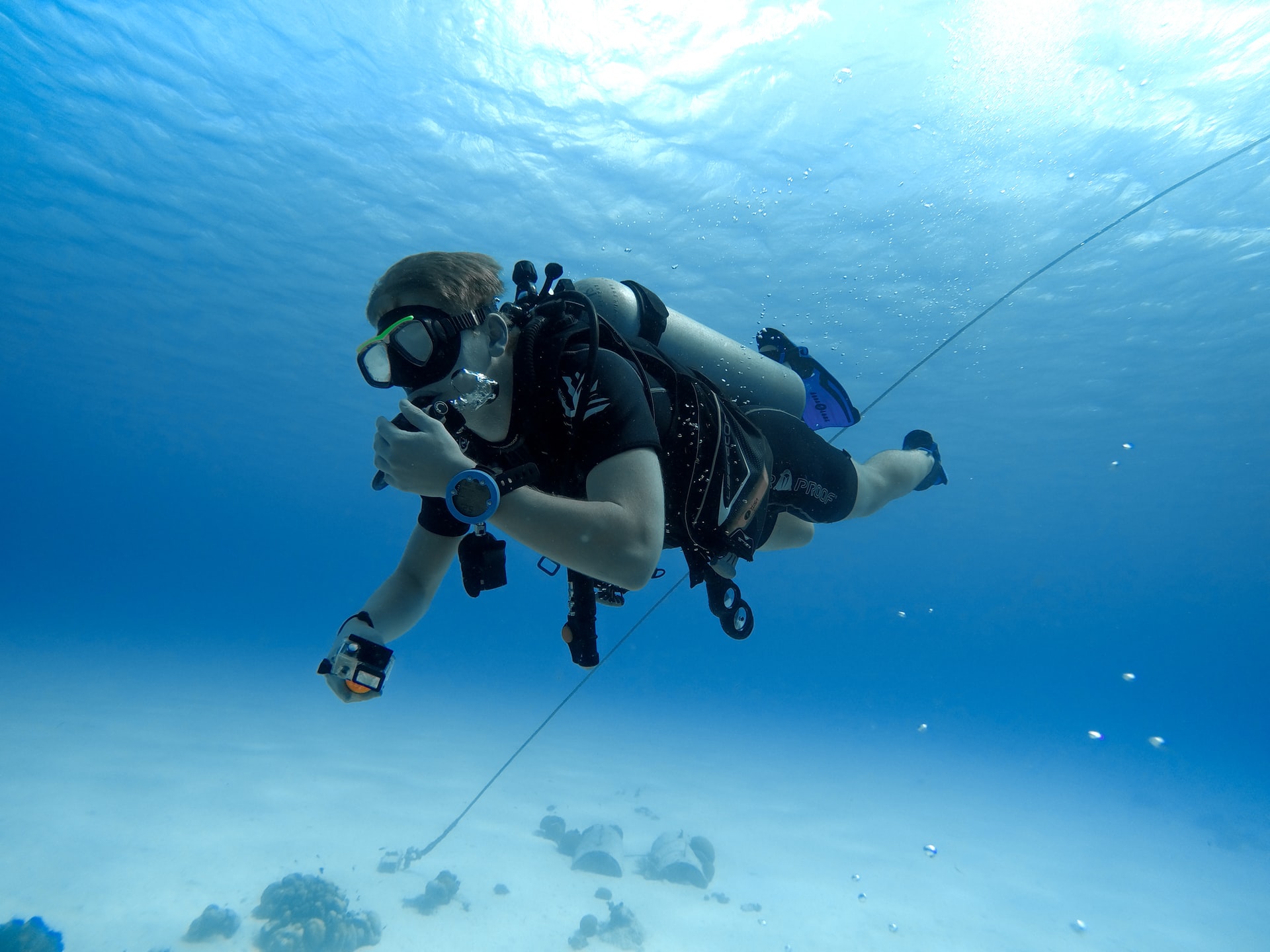
Are Scuba Divers Athletes? All the Facts (+New Competitive Forms)
-
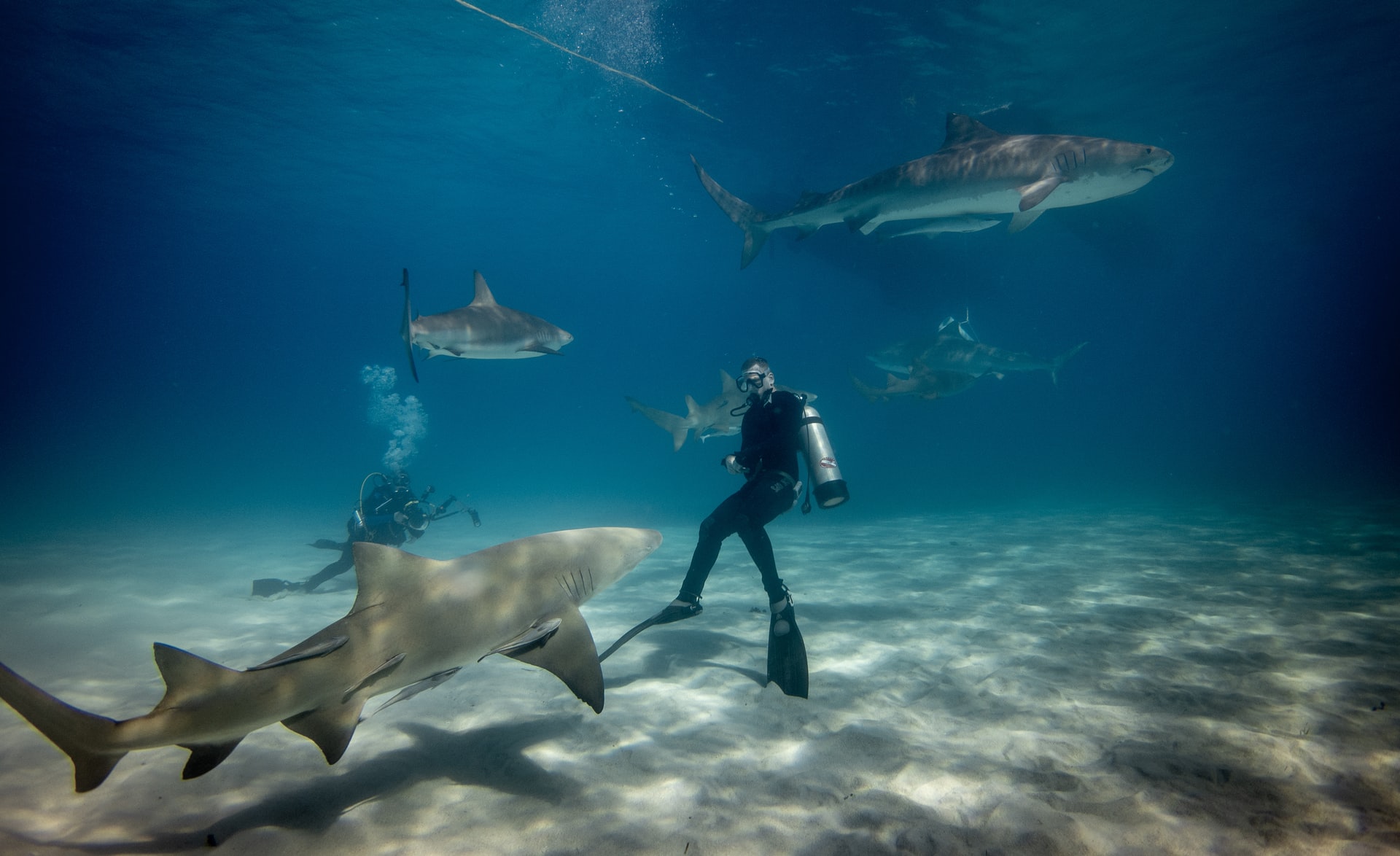
Are Sharks Scared of Scuba Divers? (What Every Diver Must Know)
-
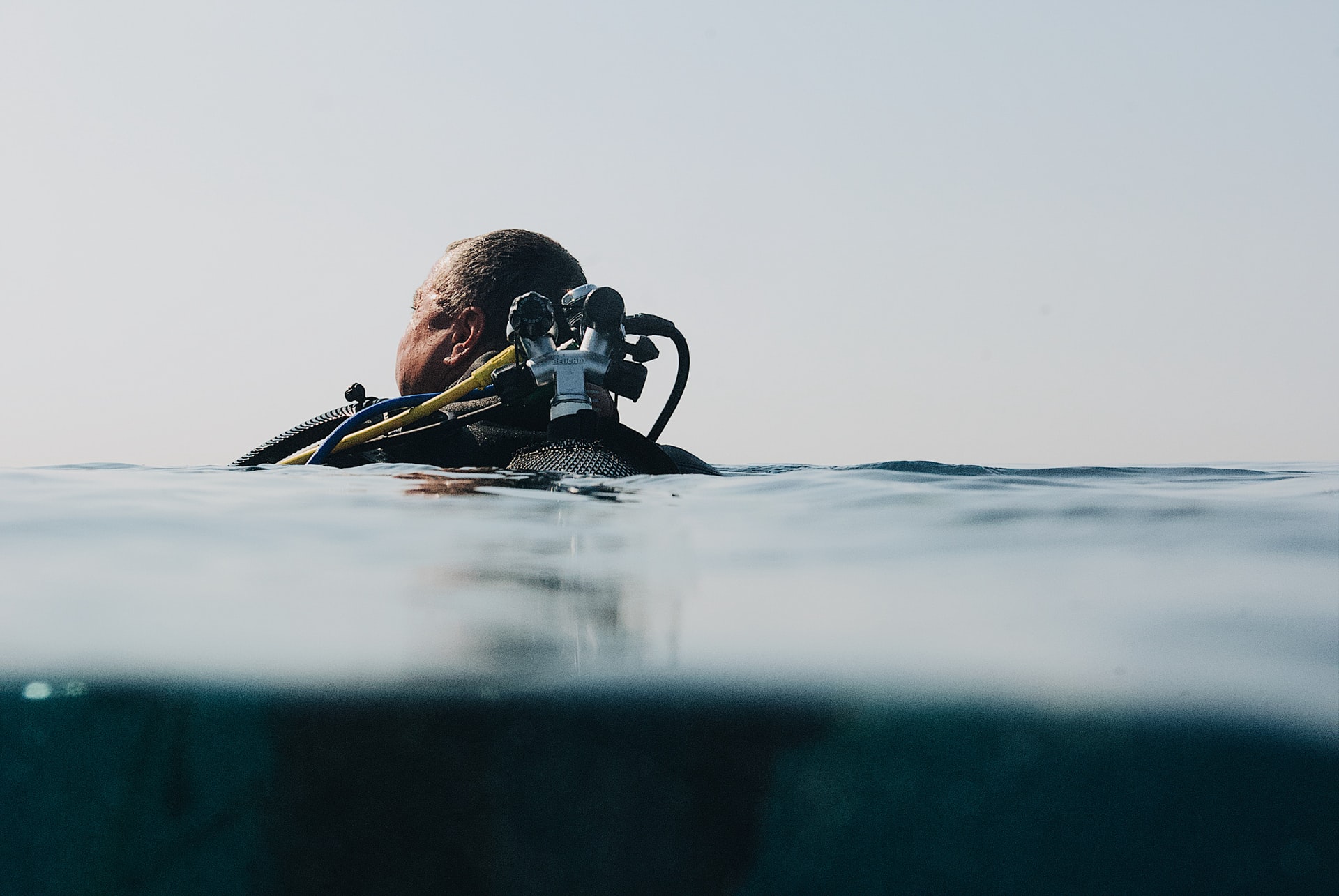
Who Should Not Scuba Dive? 17 Reasons (Every Diver Should Know)
-
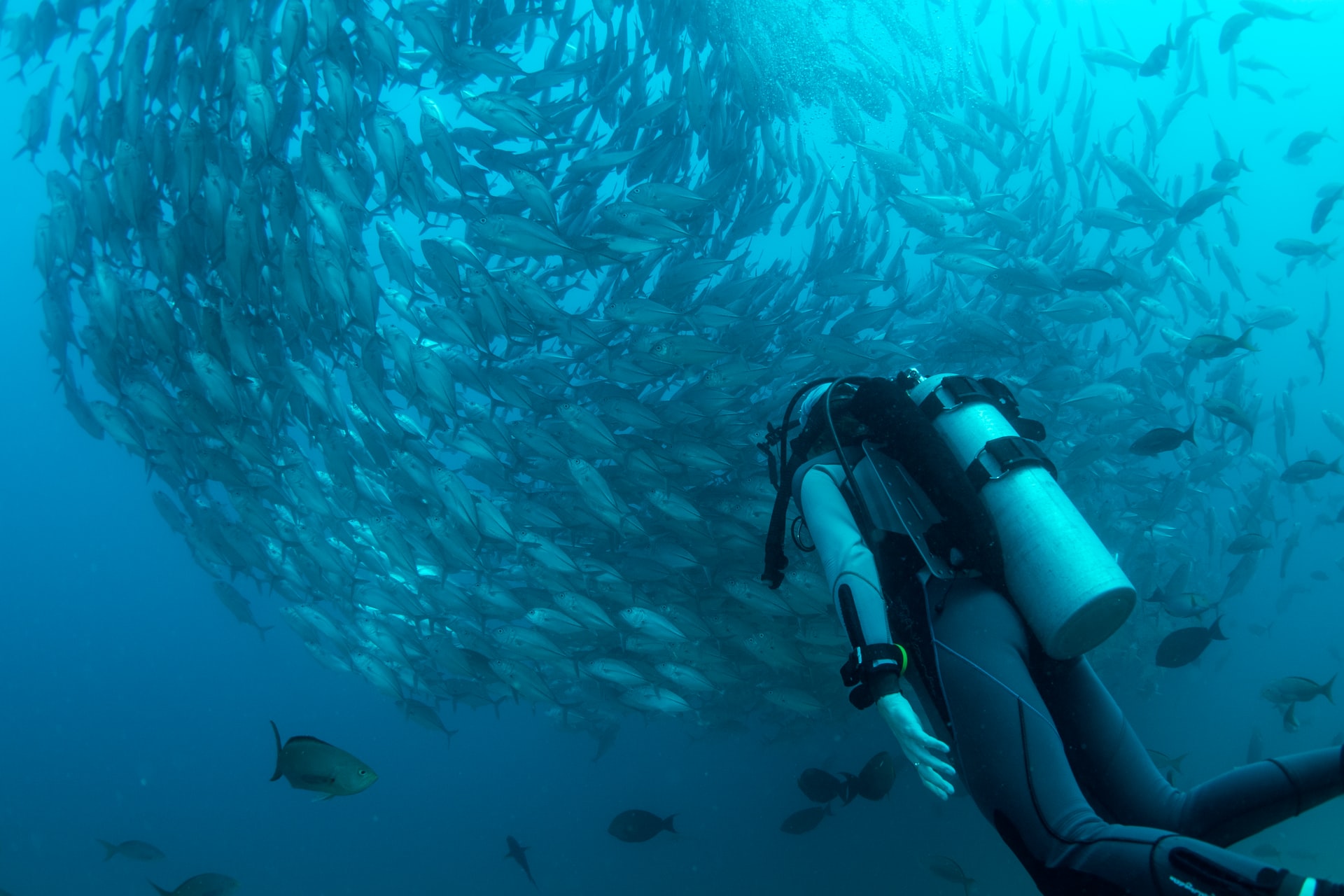
Should I Be Scared of Scuba Diving? 8 Common Fears (Debunked)
-
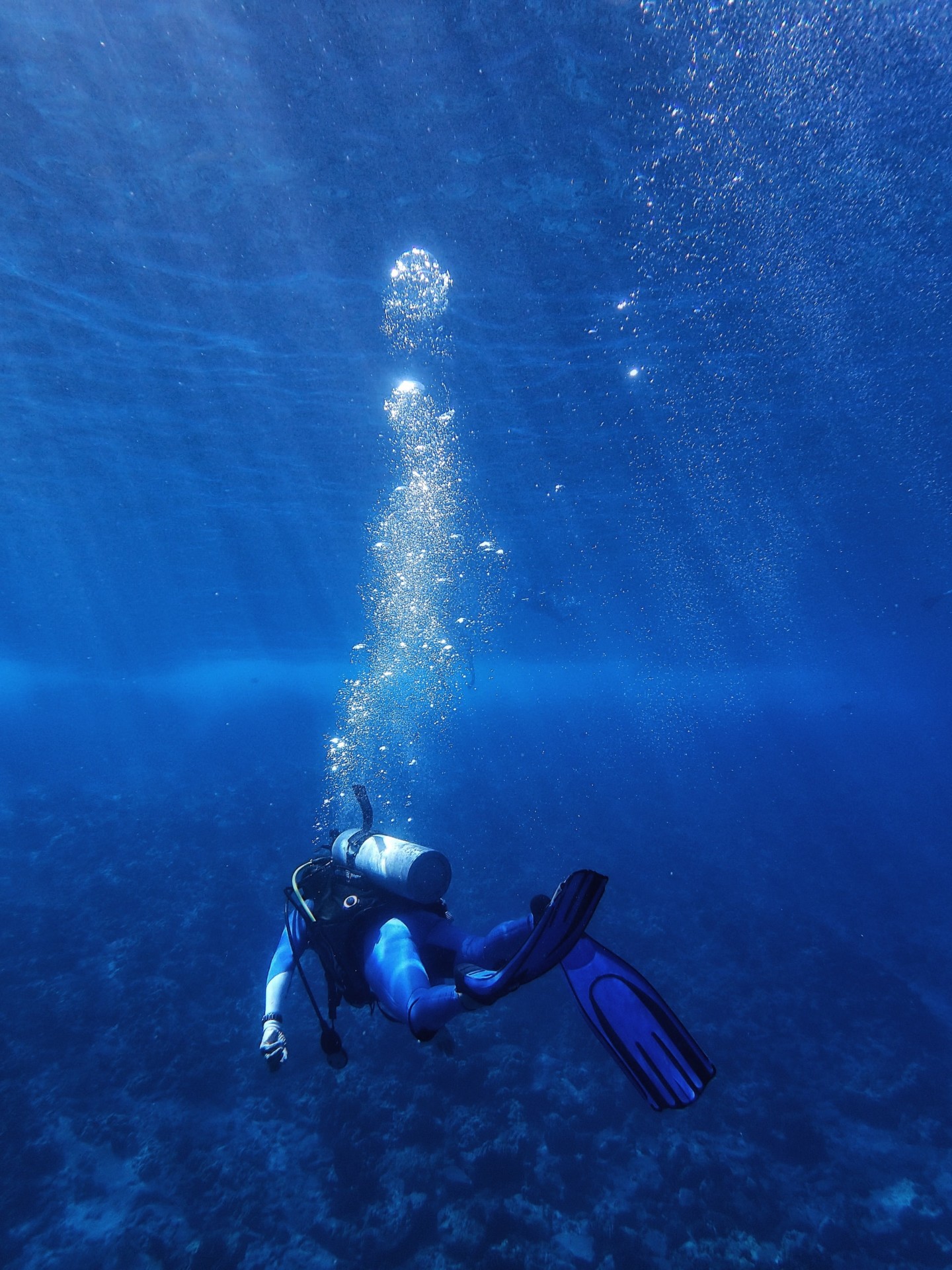
Why Do Scuba Divers Use More Air at Depth? (+4 Practical Tips)
-
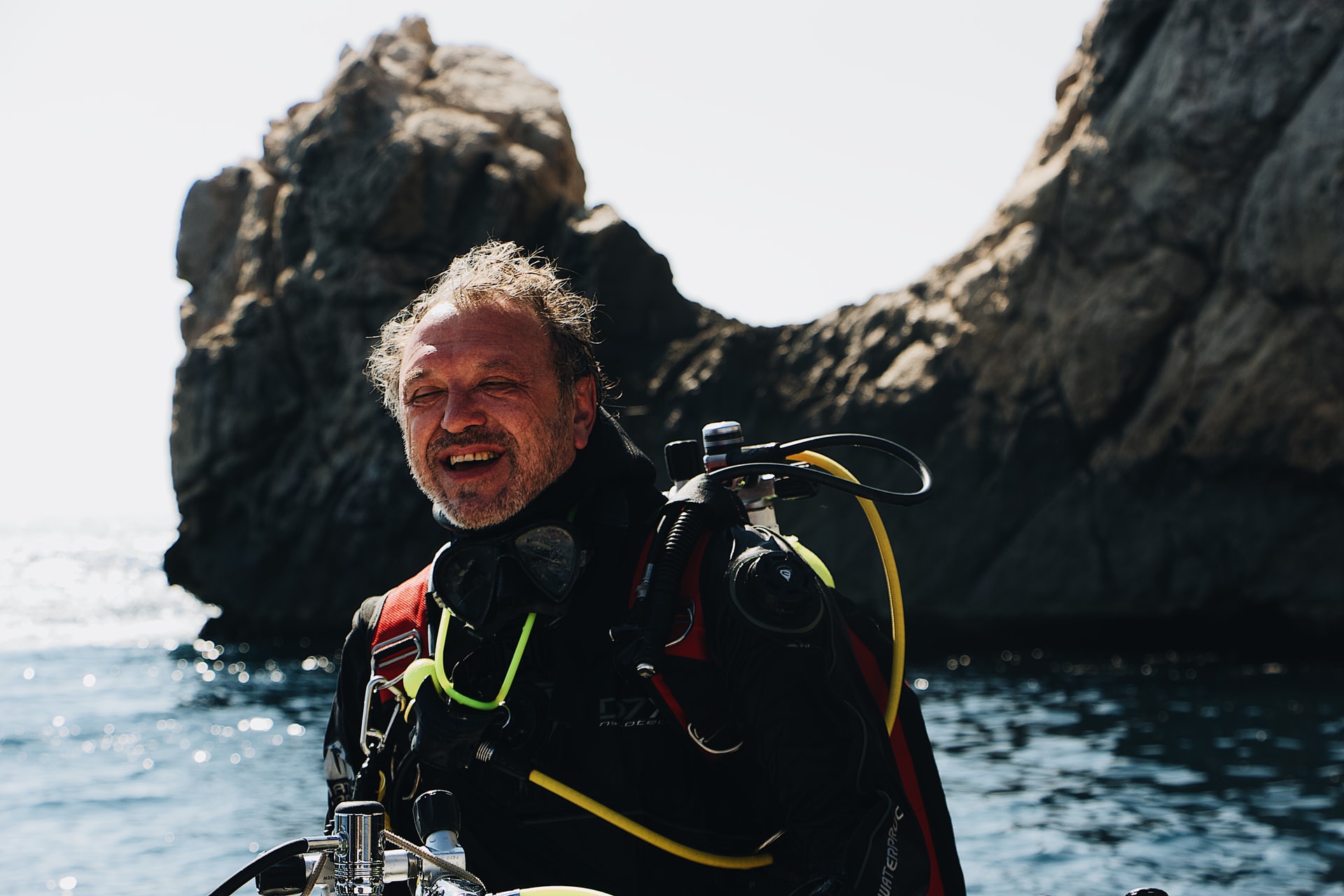
At What Age Should You Stop Scuba Diving? (+9 Tips for Older Divers)
-
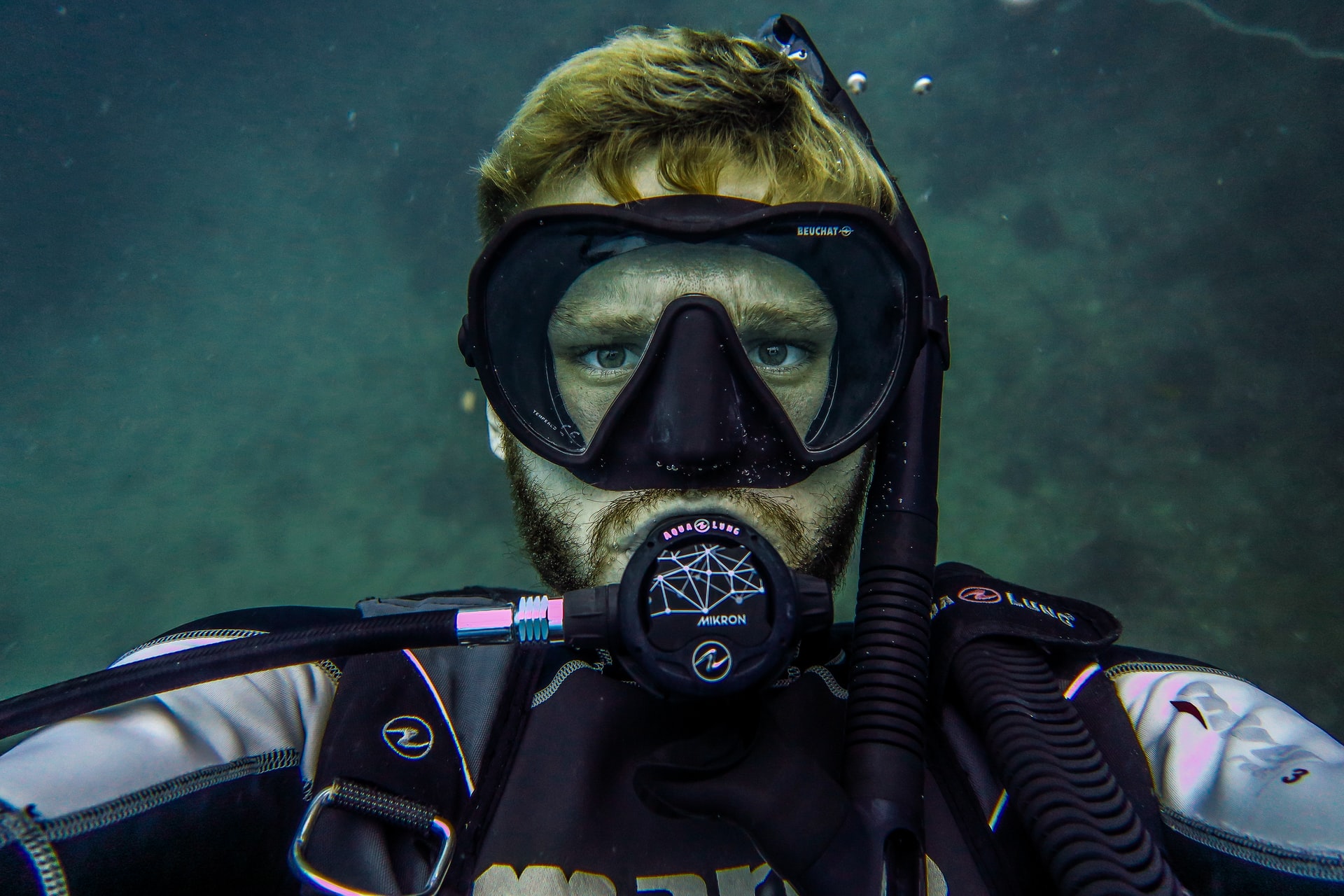
Should I Shave Before Scuba Diving? Crucial Facts (+9 Helpful Tips)
-
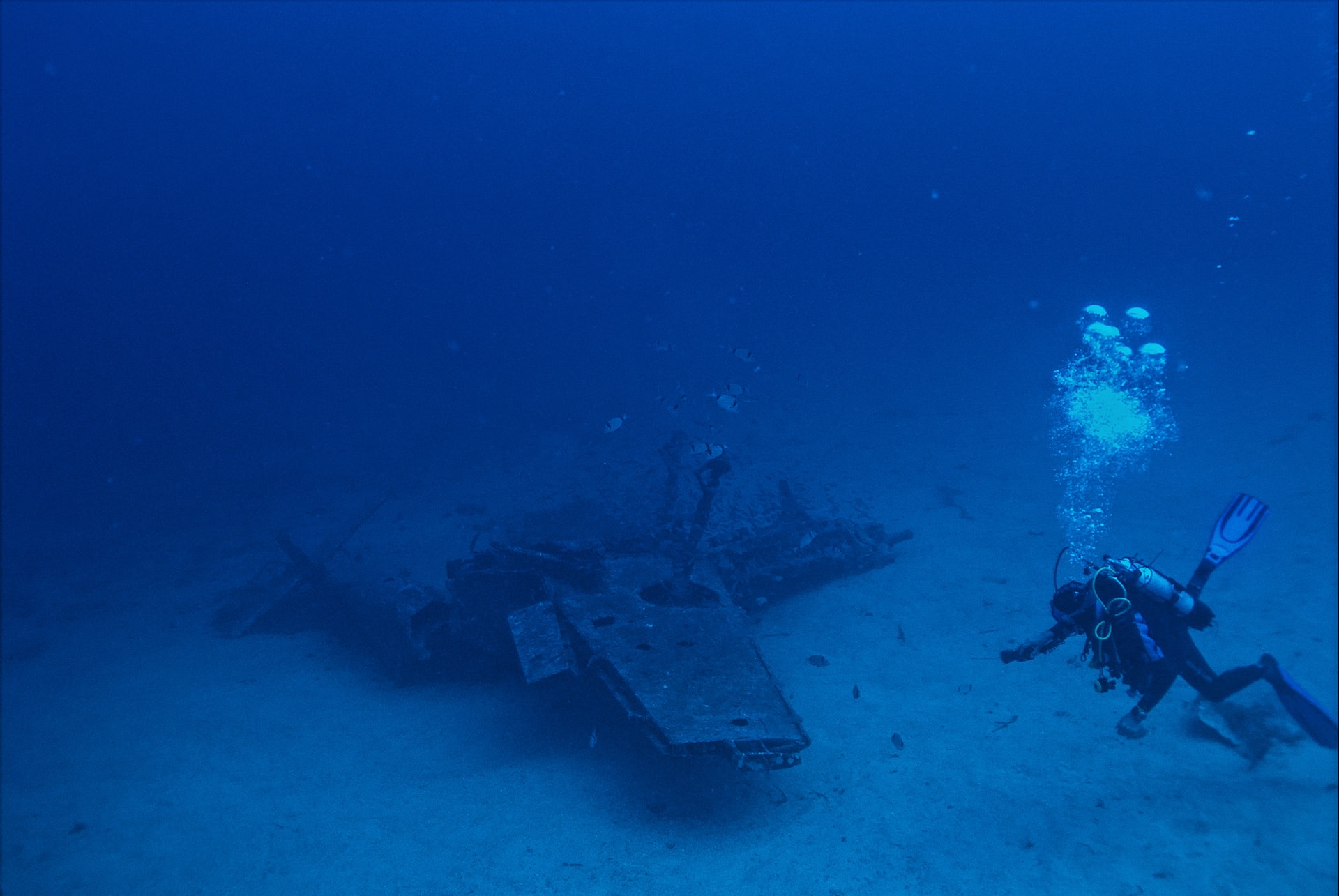
Why Do Scuba Divers Use Helium? (+Its Pros & Cons)
-
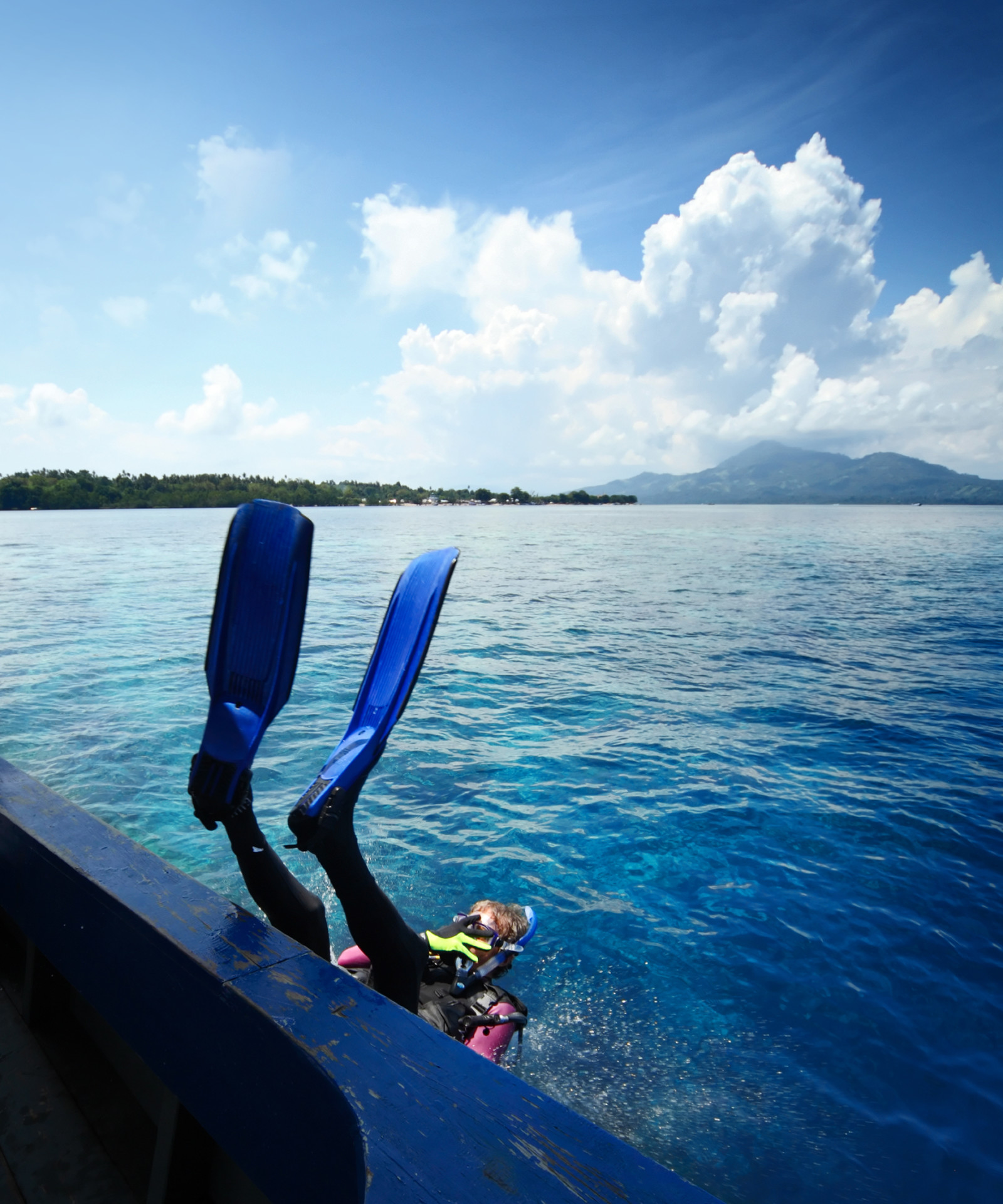
Why Do Scuba Divers Go in Backwards? (+3 Alternative Entries)
-
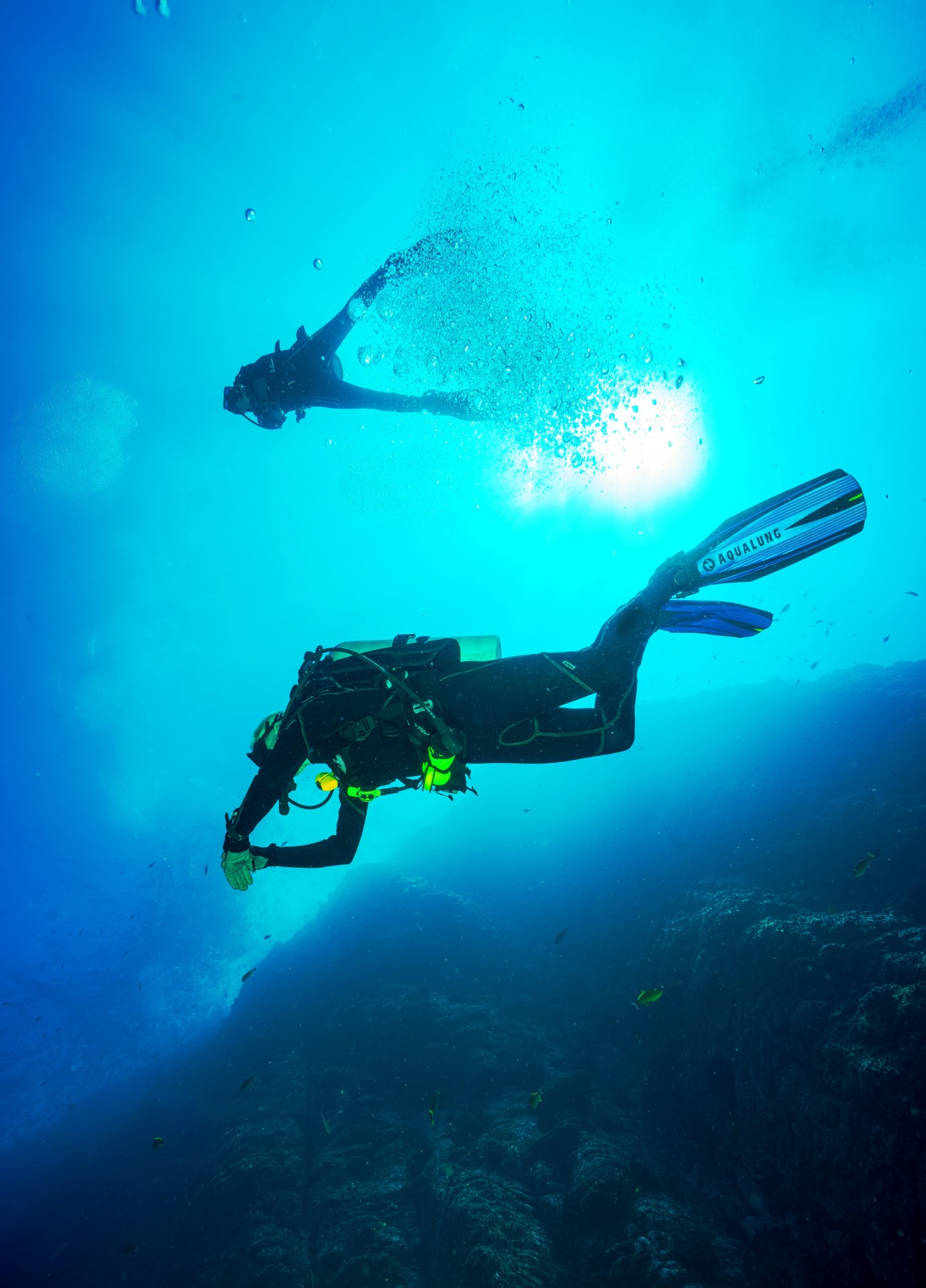
How Do Scuba Divers Sink and Float? (+Tips to Get It Right)

